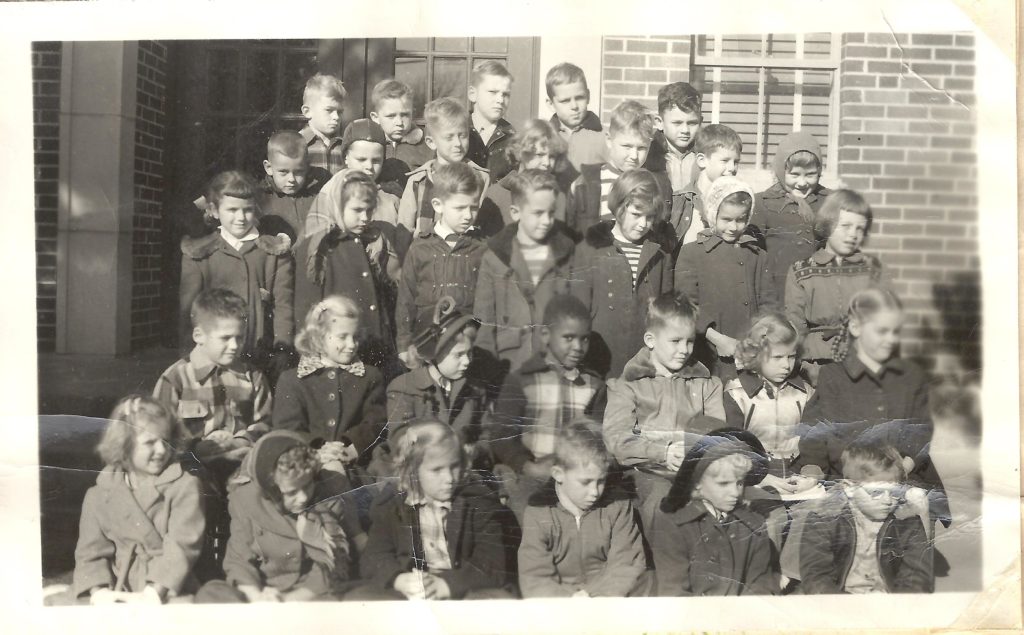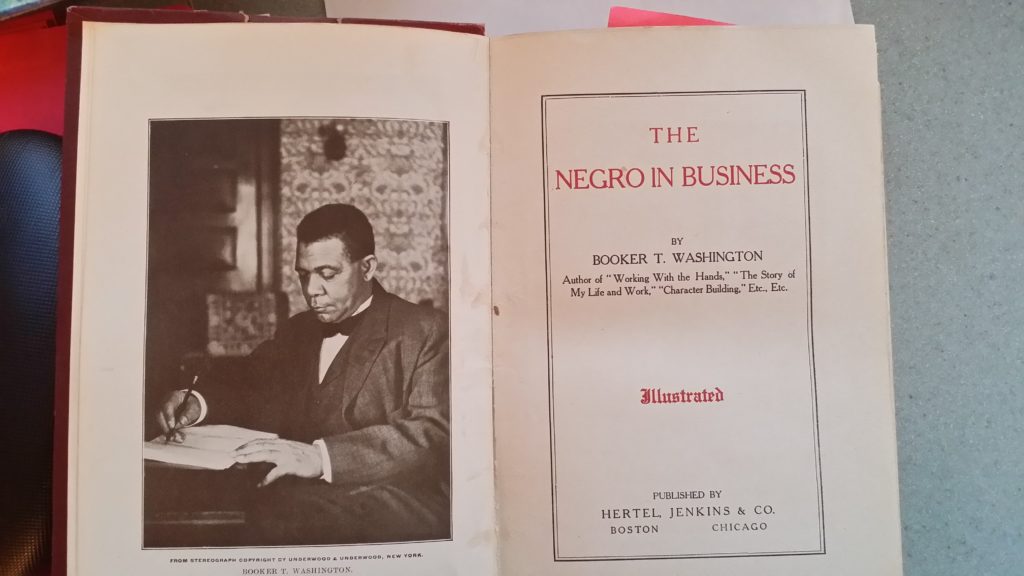 I grew up believing in social integration. I was the only Black kid in my kindergarten class, that pattern was often repeated over the years, and the perceived goal, at that time, for Black folk was social integration as the means to rise up and become better Americans. I wanted to be a better American, the only catch was there were roadblocks at every step. I didn’t grow up in a large Black community; I was raised in a small town in Kansas and I had always been integrated (of sorts). I wasn’t afraid of white people growing up because our schools weren’t segregated in Great Bend, Kansas; some of those students were/are my friends; my father had white drinking buddies; and in the summer, we drove to the country and visited the Stoss’s and Nordman’s (German farmers). Although I was raised in Myers Chapel A.M.E by the time I was a Senior in high school, seeking the truth, I converted to Catholicism.
I grew up believing in social integration. I was the only Black kid in my kindergarten class, that pattern was often repeated over the years, and the perceived goal, at that time, for Black folk was social integration as the means to rise up and become better Americans. I wanted to be a better American, the only catch was there were roadblocks at every step. I didn’t grow up in a large Black community; I was raised in a small town in Kansas and I had always been integrated (of sorts). I wasn’t afraid of white people growing up because our schools weren’t segregated in Great Bend, Kansas; some of those students were/are my friends; my father had white drinking buddies; and in the summer, we drove to the country and visited the Stoss’s and Nordman’s (German farmers). Although I was raised in Myers Chapel A.M.E by the time I was a Senior in high school, seeking the truth, I converted to Catholicism.
I had no grand illusions about going to school with whites or sitting at a lunch counter (“A Nigger is still a Nigger”) but I did think this was a way to get a leg up toward prospering in America. You know, getting a bigger piece of the pie. After college, I worked for the Wichita Area Community Action Program Inc. (WACAPI) an anti-poverty program. Our approach was always structural and employment-oriented (evaluation, job placement, and training). The director, Russ Hanson, impressed upon us from the beginning to understand that with soft money programs (non-profits) we would always be begging for money and adapting to the whims of the politics. This was my initiation into Saul Alinsky’s community development.
 I became disoriented when I came to Washington state because the political impetus was on cultural understanding and sharing. Other than construction workers wanting a solid piece of the pie, the orientation was cultural understanding and education. My first six years in Washington I tried to adapt to this political philosophy and become an academician but I couldn’t make the grade. Dejected and rejected I chose various avenues for business; finally, in a business of my own.
I became disoriented when I came to Washington state because the political impetus was on cultural understanding and sharing. Other than construction workers wanting a solid piece of the pie, the orientation was cultural understanding and education. My first six years in Washington I tried to adapt to this political philosophy and become an academician but I couldn’t make the grade. Dejected and rejected I chose various avenues for business; finally, in a business of my own.
After my dad’s cousin Mary Harris died, I inherited a 1907 edition of Booker T. Washington’s, “The Negro in Business”. I remembered that Dr.Horace Bond (graduate school, University of Kansas) taught that Washington was misunderstood because in his “Atlanta Exposition” speech he had to speak to a mixed audience. Washington was talking about self-sufficiency, not accommodation politics.
I came across a YouTube video of Dr. Claud Anderson that reinforced the thoughts and emotions that I have been struggling to verbalize. This isn’t a quick meme but a lengthy discussion of an alternative view of how Black people should view their current situation in hostile territory.